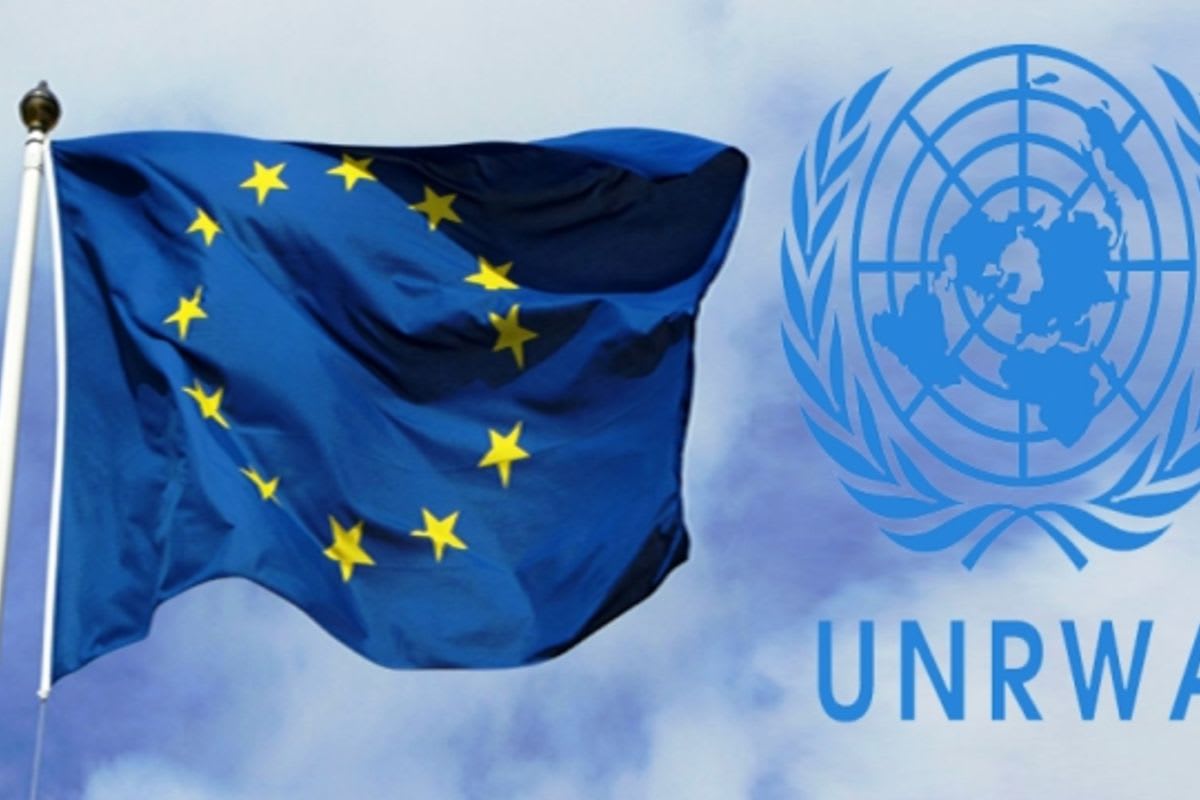Germany calls for a European agreement on returning asylum seekers to safe third countries.

German Interior Minister Alexander Dobrindt emphasized the necessity of reaching an agreement at the European Union level regarding sending rejected asylum seekers to safe third countries for the success of this step.
This came during an interview with the "Welt am Sonntag" newspaper today, where he pointed out that "the approach of using third countries can only succeed if there is consensus at the European level."
Dobrindt added: "We need third countries willing to receive migrants who are not actually able to return to their countries of origin," stressing that "any EU member state cannot implement this model alone; it must happen at the EU level... we are laying the foundations for that now."
This statement comes amid the commitment of the German government, led by Chancellor Friedrich Merz of the conservative party, to reduce immigration rates after its victory in the general elections last February.
The election campaign focused on this issue, especially with opinion polls showing voters' concerns about the increasing numbers of migrants, despite a decline since over a year ago.
In a related context, the European Commission proposed earlier this month a mechanism allowing member states to reject asylum applications from individuals who passed through a "safe" third country before reaching Europe. However, this plan has not yet been approved by national governments or the European Parliament, facing opposition from human rights organizations.
Dobrindt's statements about tightening border controls previously sparked protests from neighboring countries, which opposed the return of unqualified migrants to their territories. Italy also faced obstacles in its plan to transfer rescued asylum seekers at sea to Albania due to judicial opposition.
On the other hand, the UK _outside the EU framework_ canceled its previous plan to send asylum seekers to Rwanda, following the Labour Party government led by Keir Starmer taking office last year.